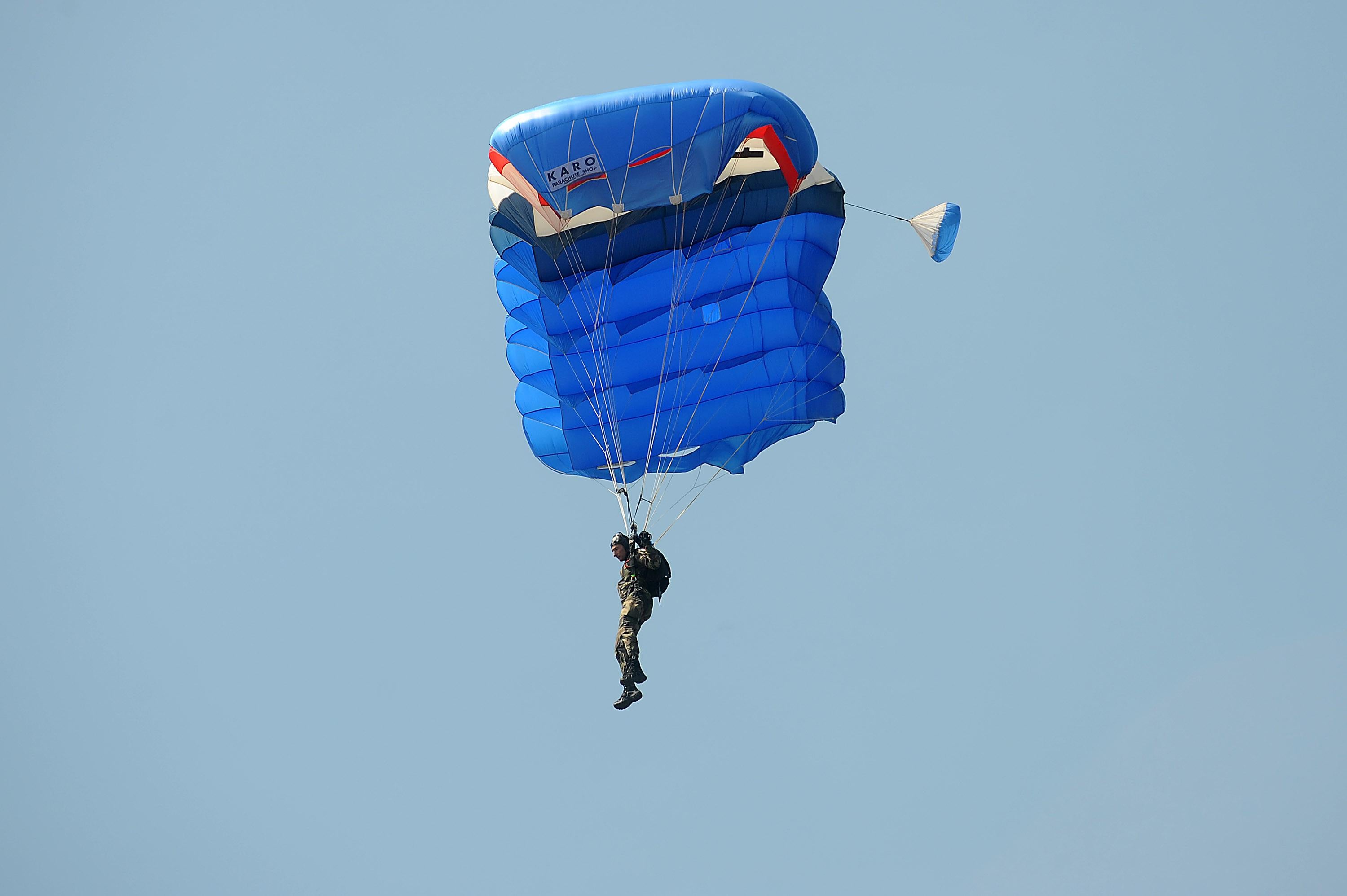Earlier today a North Carolina reporter emailed me asking whether I’d retract a line from my story about North Carolina’s “Moral Monday” protests. This was the passage that rankled.
The media won’t cover the predictable march of conservative legislation through a conservative legislature. They will cover an actual march that ends in a flurry of white plastic handcuffs.
“You may not have intended to say the NC media is not covering it,” wrote the reporter, “but you wrote that.”
I didn’t agree. The two sentences quoted above appear in a graf about the Rev. William J. Barber II’s sermon/press conference before Monday’s acts of civil disobedience.
Barber points to veterans of the 1960s marches for civil rights—one of them “was there with those who said we’re gonna march from Selma to Montgomery to create a crisis that was going to save the possibility of our voting rights.” And that’s why they’re going to get arrested today. The media won’t cover the predictable march of conservative legislation through a conservative legislature. They will cover an actual march that ends in a flurry of white plastic handcuffs.
Right there I was attempting to summarize Barber’s point, not to say anything about the media in North Carolina. Barber was telling an audience of people that their protest wouldn’t lead to an immediate victory. It would create a crisis. The crisis would become widely known, and politicians would respond to it. About an hour later, at the rally before the civil disobedience, Barber would tell the crowd that “MSNBC is here!” and get a huge cheer. (I’m an MSNBC contributor, but he was talking about a real crew that was there.)
Alas, a few readers in North Carolina, mostly in media, think I parachuted into the state and insulted their work. One reporter shared the story on her Facebook wall (private link) and cited the offending quote. “Actually, we’ve covered both exhaustively for months,” she wrote, “not that you’d have had time to notice that on your 24 hour tour of NC or anything.” Another reporter linked her story, adding that it “takes care of my usual rant about national reporters parachuting into North Carolina and generally showing themselves to be a bunch of ignorant, stereotyping asshats.”
I assume that the “ignorant, stereotyping” line implies that I was calling local reporters lazy. Nope! North Carolina reporters have been filing deeply reported scoops about the legislature’s surge of conservative bills all year, and I’ve been sending readers their way. In June, when Charlotte Observer reporter Tim Funk got arrested covering a Moral Monday protest, I put up video and linked to his account.
“Parachuting” into a story—flying in and flying out with some Smart Take—gets a bad rap. There are good reasons for that, but not really anything that can be fixed. Some people live and report near, say, West, Texas. Some people who’re interested when a refinery blows up in West, Texas, live in New York City. They’re not going to know the lay of the land, but their job is to learn as much as they can as quickly as possible. What’s the alternative? Desk-bound reporting, calling and putting links together without seeing a situation through your own eyes. I’d argue that the outlets that rip off local content are a bigger problem than parachuters, but, whatever—it’s annoying when national reporters arrive, when you’ve got the story covered perfectly well, thanks.
Understandable, but it misses the point. A political movement needs media to thrive. It needs as much awareness and passion as possible, and for that it needs to reach beyond the local media. Activists want the national media attention. The local malefactors don’t want the national media attention. That was what my story was about, and, nope, I’m not sorry that I took the time to report it in person.
